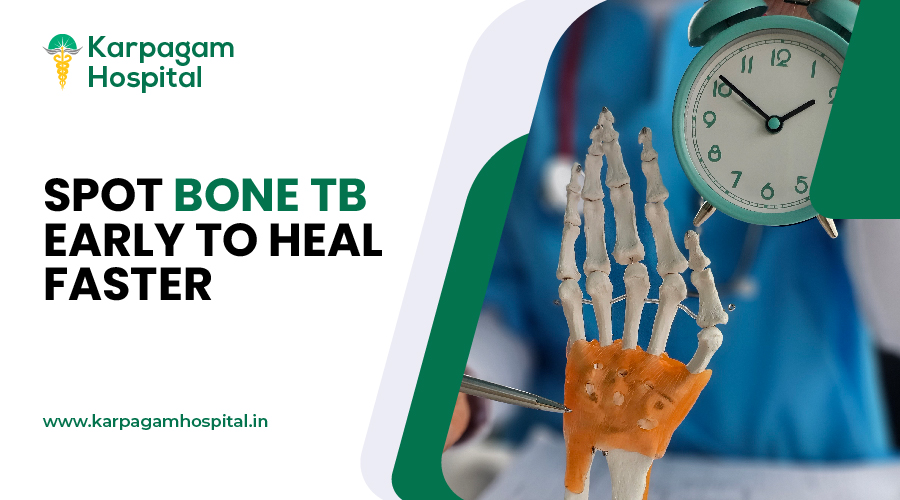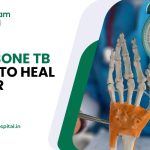Introduction:
Mental health awareness is a critical aspect of well-being often overlooked. Stigmatization of mental health struggle leads many to hide their issues and remain unable to seek help or have their conditions properly managed. In the recent past, however, much progress has been made in increasing the recognition of mental health disorders. This will ensure that people are not hesitant to seek help when they feel that they need it.
The following is a discussion on common mental health disorders, how to recognize them, and ways to address them through awareness, treatment, and support.
What is Mental Health Awareness?
Mental health awareness is actually knowing, understanding, and solving mental health problems of an individual or community. This implies creating awareness about mental illness and educating people on symptoms. It also provides care to patients with mental illnesses, as it minimizes the stigma attached to people seeking such help.
Mental health issues tend to be viewed as secret affairs in most societies. Such barriers make discussing it really difficult for individuals. The mental awareness projects are there to break some of the barriers created in society that will facilitate easier access by more people to care or support them to change their situation of living.
Understanding Mental Health Impact
Mental health disorders afflict millions worldwide, and the impact extends far beyond the individual. Poor mental health can affect how a person thinks, feels, and behaves. It often affects relationships, work, and even day-to-day activities.
Mental health conditions can be very diverse: mood disturbances, changes in thought patterns, or physical symptoms such as fatigue or aches. These disorders affect the emotional state, physical health, relationship networks, and productivity of individuals.
Untreated mental disorders can lead to lifelong repercussions such as chronic diseases or substance abuse and suicide, so the sooner that assistance is sought, the greater the prognosis will be; therefore, awareness plays an important role in encouraging persons to seek help because signs are evident.
Common Mental Health Disorders and Their Signs
There are many forms of mental health disorders, and it all begins with knowing how to look for the signs. Here are some of the most common disorders.
Anxiety Disorders: Characterized by persistent worry, fear, or nervousness that can interfere with daily functioning. Symptoms can include rapid heartbeat, sweating, or difficulty concentrating.
Depression: Being extremely sad or loss of interest in activities which before were pleasurable. Appetite, sleep patterns, and even energy level may change.
Bipolar Disorder: Extreme mood swings characterized by depressed episodes to manic states, often ruining relationships and daily chores.
Obsessive-Compulsive Disorder: Persistent thoughts (obsessions) and repetitive behaviors (compulsions) which compels a person to execute that. It causes serious distress in the individual. PTSD symptoms are evident after one experiences or witnesses a traumatic incident; it features flashbacks, nightmares, and increased levels of anxiety.
Symptoms of such conditions, by understanding these, may prevent worse cases since the proper assistance and cure can be achieved immediately.
Anxiety Disorders: Types, Symptoms, and Coping Strategies
Anxiety is a normal reaction to stress but its chronic state may disrupt people’s daily life. Among all types of mental disorders, anxiety disorders are the most widespread form and affect millions of people across the globe. The condition may appear in various guises, such as GAD, panic disorder, or social anxiety disorder.
These are common symptoms: persistent worry, restlessness, difficulties concentrating, and physical symptoms, such as dizziness or chest tightness. Common coping strategies include cognitive-behavioural therapy (CBT), relaxation exercises, and lifestyle changes, such as regular exercise and proper sleep.
Depression: Knowing the Signs and Treatment Options
Depression is a serious disorder that impacts a person both mentally and physically. Symptoms of depression include feelings of sadness and a persistent, intense state of unhappiness. It might also result in loss of interest in all types of activities, loss of energy, and change in appetite or sleep. Feelings of hopelessness and worthlessness also characterize individuals who suffer from depression.
The effective treatments for depression include therapy, medication (antidepressants), and lifestyle changes. Cognitive-behavioural therapy is a common treatment used to help people recognize damaging thought patterns and replace them with healthier ones. Medication helps balance the chemicals in the brain that affect mood and emotions.
Obsessive-Compulsive Disorder (OCD)
Obsessive-compulsive disorder (OCD) is a disorder that has recurrent, persistent thoughts or compulsions to perform ritualistic actions. The patients with OCD may have to repeatedly wash their hands, check and recheck things, or maintain things in a particular manner.
It could severely interfere with daily functioning and prevent someone from concentrating on tasks or even keeping up with relationships. Treatments include therapy, particularly ERP, and medications such as selective serotonin reuptake inhibitors (S).
Post-Traumatic Stress Disorder (PTSD)
PTSD is a condition that arises after an individual has experienced or witnessed a traumatic event, such as an accident, assault, or war. Symptoms of PTSD include flashbacks, nightmares, and avoidance of places or situations that remind the person of the trauma.
Therapy, especially trauma-focused CBT, could help the person process his traumatic memories and develop coping strategies. Support groups and drugs may also help with symptoms.
Conclusion
This means there should be mental health awareness so that the society becomes one where people do not have to be embarrassed or fearful about asking for help concerning their mental health. Knowledge about symptoms of mental illness disorders and where to seek support may also greatly make a difference in those suffering. This will be through sustained education and sensitization that can continue to reduce stigma while also offering easy access to relevant resources.
Disclaimer:
The information provided in this blog post is intended for general informational purposes only. It is not a substitute for professional medical advice, diagnosis, or treatment. Always seek the advice of your physician or other qualified healthcare provider with any questions you may have regarding a medical condition. Never disregard professional medical advice or delay in seeking it because of something you have read in this blog.








